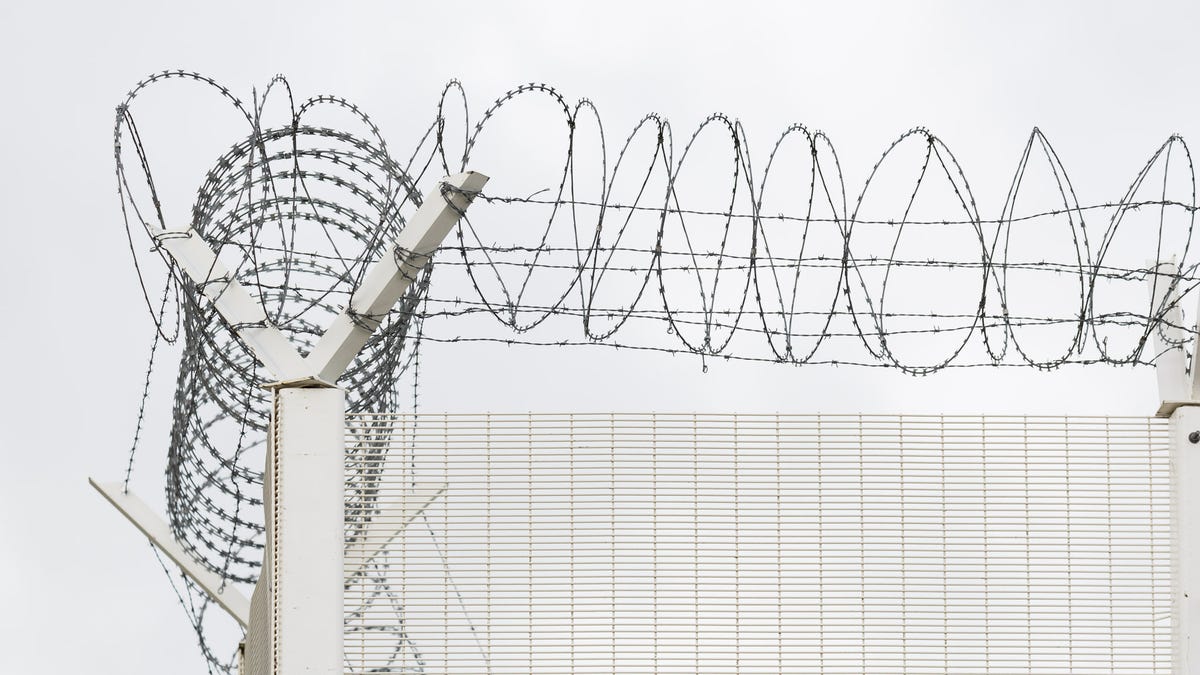Brexit: A step back to tribalism and a personal insult
Commentary: The UK vote to withdraw from the European Union makes one citizen feel like the country where he was born is regressing into merely a little island.
Friday's Brexit referendum result -- in which 52 percent of UK voters chose to withdraw their country from the European Union -- is profoundly depressing to me.
The decision, which is the first time a country has ever opted to leave the EU, is a step in the wrong direction: toward tribalism and away from banding together for the common good.
As a UK citizen working in France, I felt like I was part of a shared social fabric that was an immeasurable improvement over the vicious history of Europe -- one baron, duke, king, emperor or dictator fighting the others in a zero-sum scramble for arable farmland, wealthy cities, navigable rivers and industrial resources. The EU has let Europe channel its energy into something more productive and less fatal than military conquest.
The internet spreading to every corner of our lives accelerated the growth of this social fabric. It lowers language barriers, makes it easier to figure out distant public transit systems, helps you find an electronics store where you can replace that phone charger you left at home, and perhaps most important to me, lets you instantly learn the history of any church or town or museum you stroll into. These social, cultural and economic ties are not just how you avoid going to war. It's how you build the trust and mutually agreeable incentives to cooperate when things like terrorist acts or global warming warrant a response larger than that which a single country can muster.
Brexit and other nativist movements undo this progress. At the same time the internet has been lowering borders, the reaction against refugees and immigrants and terrorism has been raising them. But severing ties to Europe's political, economic and social fabric is a terrible way to try to help a London pipefitter put out of work. The 10 percent drop Friday in the value of the British pound is a good illustration. That's 10 percent lopped off the purchasing power of UK consumers buying goods from abroad.
The Brexit insult is personal, too. I've spent the last five years working in France with no trouble because of the EU: I'm a UK citizen who could set up shop mostly anywhere in Europe. I thought my sons, also granted UK passports, would have the same opportunities. No more, unless it's explicitly negotiated in the next two years. I love the UK dearly, but now it's just a little island again from which my sons will be able to sally forth on ski holidays.
The mobility I experienced is a tremendous economic advantage for a region overall. Maybe I'll be proved wrong, but economic superpowers such as China and the US succeed in part because of scale. Where's the economic might of Switzerland or Mexico? For a multinational corporation setting up a manufacturing plant or European headquarters, the UK is no longer an obvious place to do so.
I'm not so naive as to think "why can't we all just get along?" is a viable strategy for international cooperation. But the EU is one. For all its flaws -- among them bureaucracy and fiscal disunity that was profoundly ineffectual at dealing with the economic crises in Greece and Spain -- the EU was a functioning mechanism, a framework that can be improved. Now the country where I was born, which is a second home to me despite my American accent and US passport, is cutting itself off from that progress. It's a sad day.


